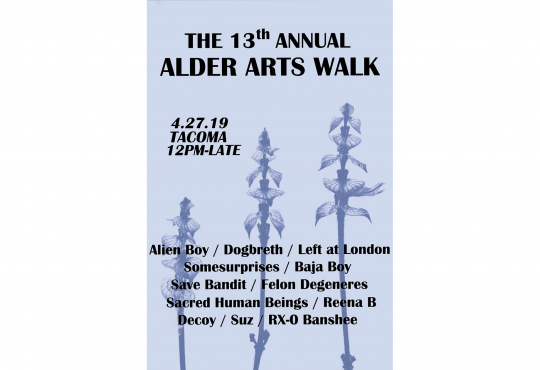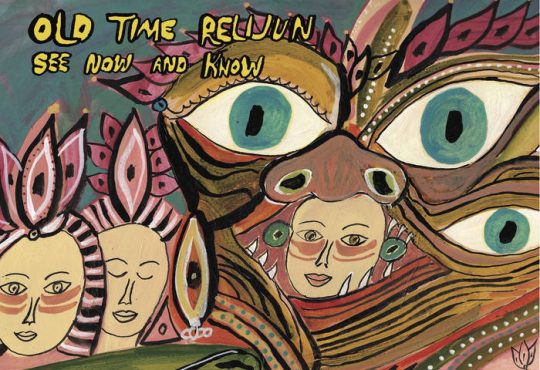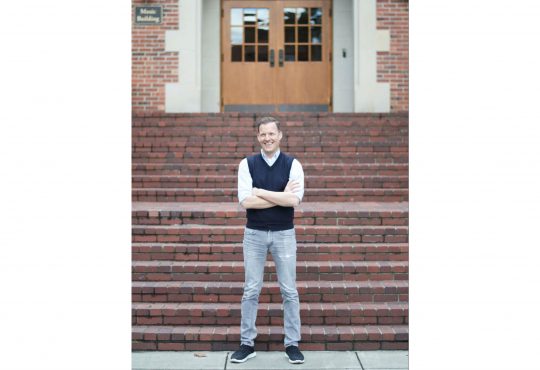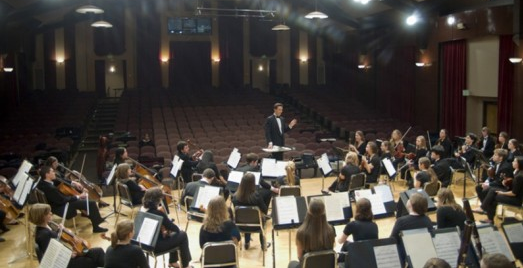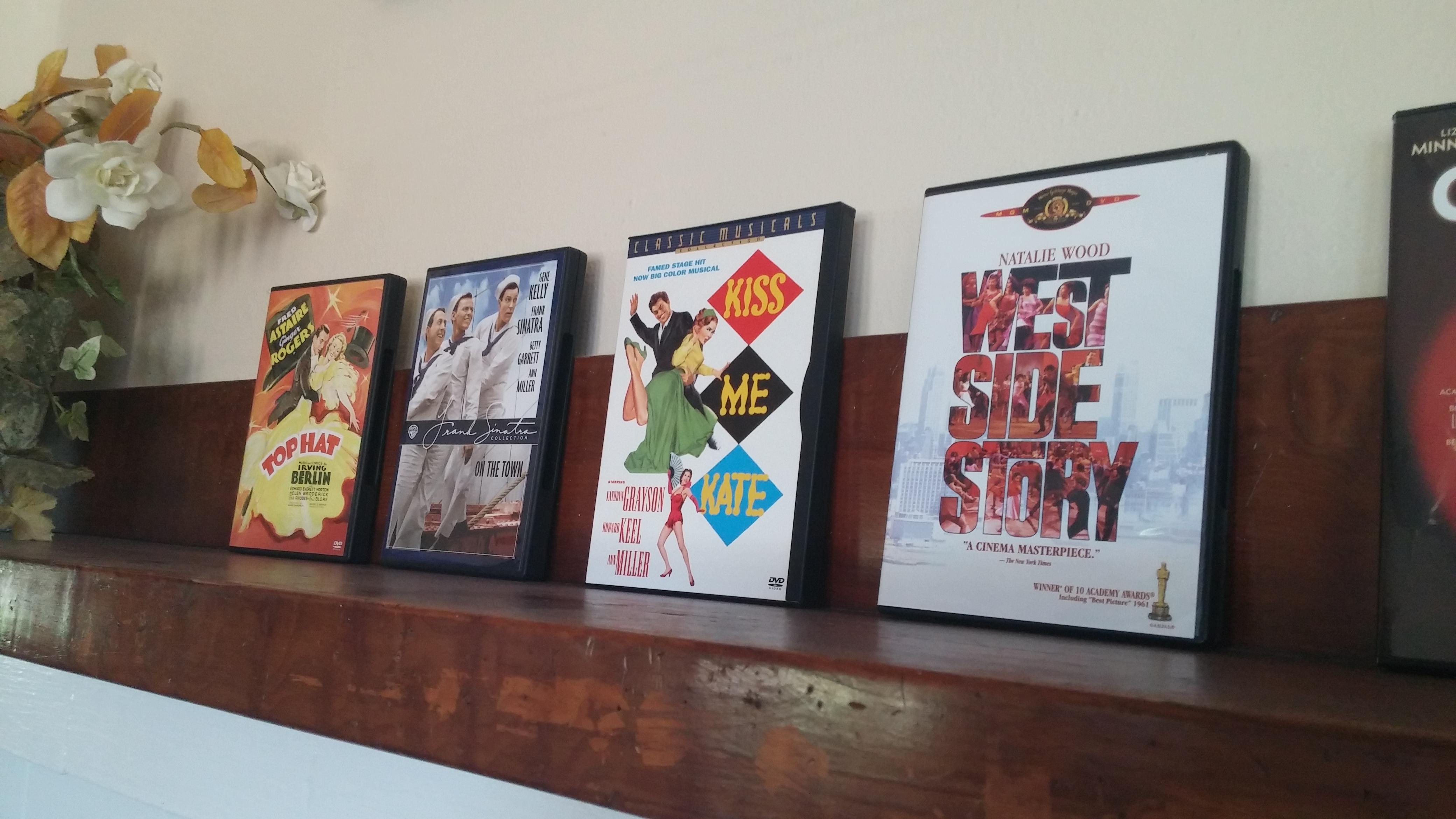
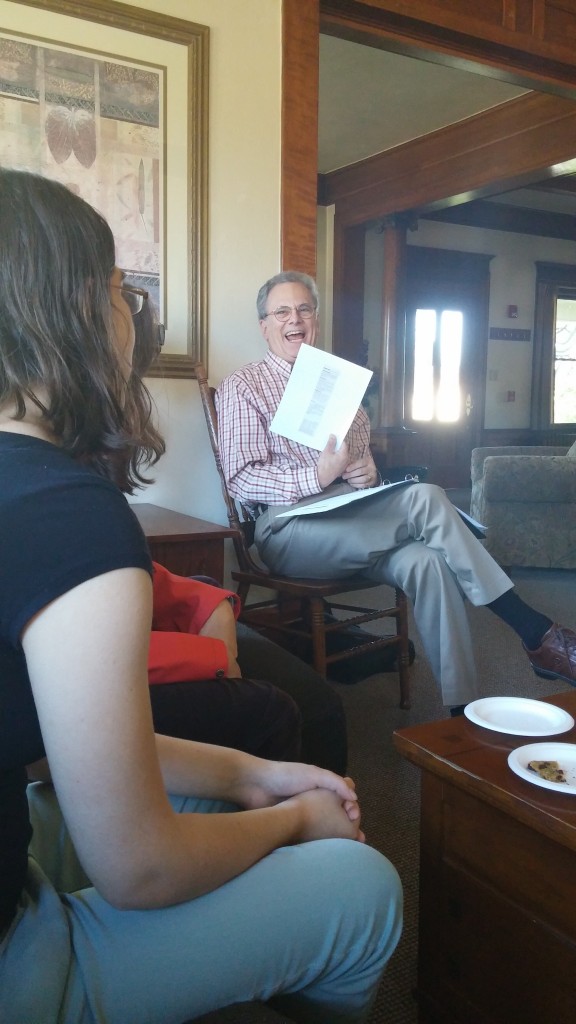
On Monday, Sept. 21, in the living room of Langlow House at 1218 North Alder Street, professor of music history at the University of Puget Sound’s School of Music Dr. Geoffrey Block gave a brief but insightful lecture on the upcoming Honors Program film series: Musicals Through the Decades.
This film series, organized by sophomore Christina Sumprer, is a presentation of five film adaptations of five different musicals: Top Hat (1935), On the Town (1949), Kiss Me Kate (1953), West Side Story (1961) and Cabaret (1972).
“Every fall semester a student volunteers to put together a film series,” Sumprer said. “There have to be five films that all connect through a theme. I chose musicals, and I really liked the idea of having them each be from a different decade.”
Sumprer chose to present a selection of musicals from across five decades of U.S. history because the series is a chance for a member of the University’s Honors Program to share a passion of theirs with the campus community through film.
“My father always told me to make sure to cover all the classics so I could better understand the references that might appear in the world around me,” Sumprer said. “The main reason I chose these, from benefitting the student body standpoint, was to give people a chance to view some classic films to better understand references to them in modern media and culture.”
In his book Enchanted Evenings: The Broadway Musical from ‘Show Boat’ to Sondheim and Lloyd Webber, Block himself examines the power of musicals–and particularly film musicals–to shape and influence our culture. Exploring the effects of the film adaptation of the musical West Side Story, Block writes that “[the film adaptation] brought [the show] enduring fame and introduced the realistic, contemporary musical to a much broader audience, first across the United States, then across the globe.”
Block, who earned a doctorate and master’s from Harvard University, as well as being a Fulbright Fellow at the University of Bonn, specializes in both the works of American composer Charles Ives (1874-1954) and in the history of the American Musical Theater tradition. He teaches a Broadway History course at the School of Music and is the author of such books as Heart & Soul: The Life and Music of Frank Loesser and Richard Rodgers, the inaugural volume in a seven-volume series for which Block serves as General Editor.
“Musicals offer people something they can’t [find] anywhere else, a world that could only exist in the theater,” Block said. “The power of music, song and dance, can tell stories that are moving as well as entertaining in ways not otherwise possible.”
This parallels sentiments Block expresses in his Broadway History course, wherein he examines ways in which music has developed in musical theater to be a powerful expression in instances when mere words or actions would be dramatically insufficient.
As well as understanding the rich variety of cultural references found in these famous musicals–from Fred Astaire’s legendary footwork amid the dancing of Top Hat to the impish character of the MC in Cabaret–watching this series also offers perspective on storytelling.
“We learn about the tremendous variety of possible approaches and ways to transform stage musicals into film,” Block said.
These five films are sure to provide insight into the history of American musical theater, film and entertainment.
All films will be shown in the Langlow House. Dates and times to be announced.

